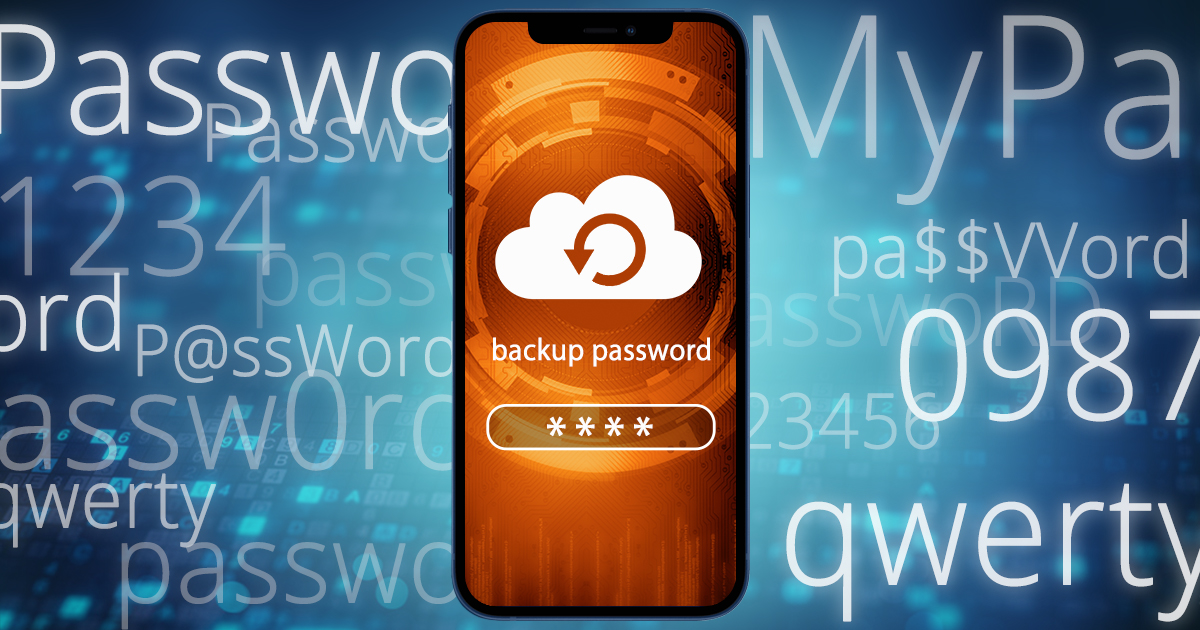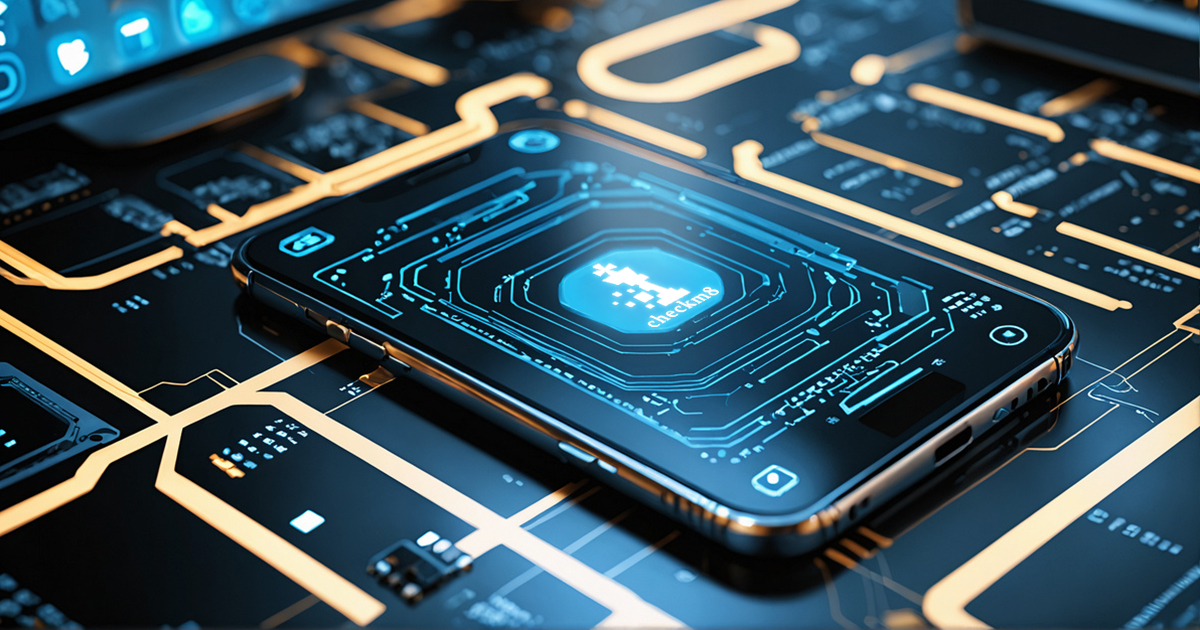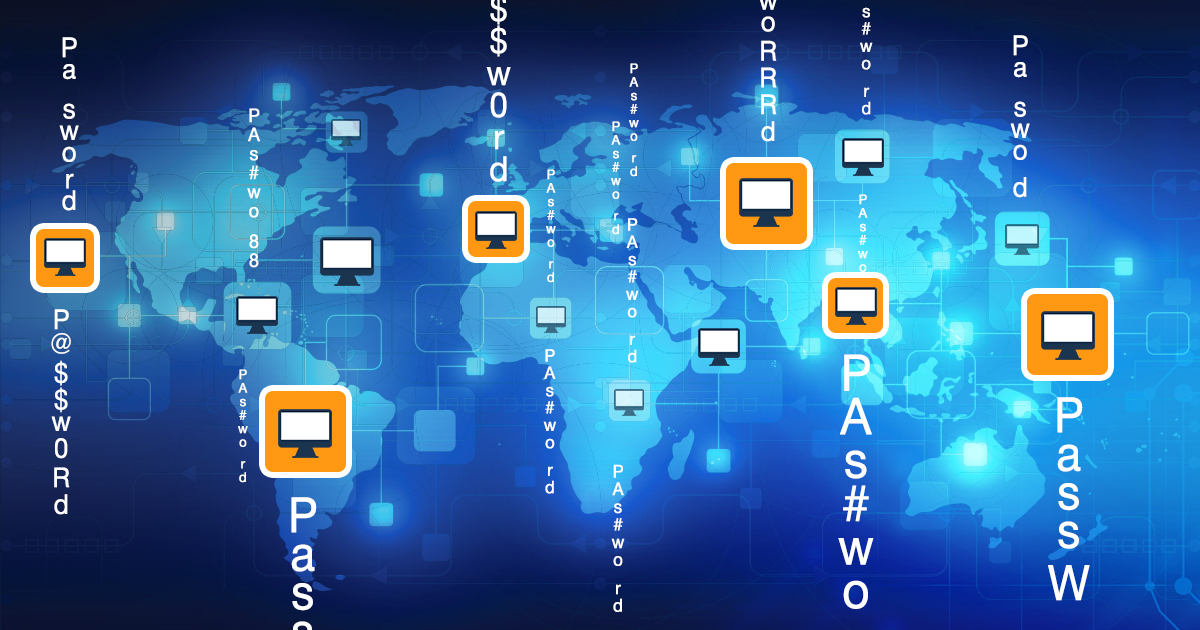On February 28, 2018, Apple has officially moved its Chinese iCloud operations and encryption keys to China. The reaction to this move from the media was overwhelmingly negative. The Verge, The Guardian, Reuters, Wired, and CNN among other Western media outlets expressed their concerns about the Chinese government potentially violating the human rights of its citizens. Politics aside, we will review Apple policies governing the Chinese accounts, and look into the technical implementation of Chinese iCloud operations. Let us see if the fears are substantiated.
Apple’s latest and greatest iPhone, the iPhone X, received mixed reviews and sells slower than expected. While the high price of the new iPhone is a major factor influencing the slow sales, some of the negative points come from the device usability. The combination of design language, hardware and software interactions make using the new iPhone less than intuitive in many situations. In this article, we collected the list of utterly strange design decisions affecting the daily use of the iPhone X.
Apple has a wonderfully integrated ecosystem. Apple computers, tablets and phones conveniently synchronize information such as passwords, Web browsing history, contacts and call logs across all of the user’s devices. This synchronization mechanism uses iCloud to sync and store information. The syncing mechanism works independently from iOS system backups that are also stored in iCloud (or iCloud Drive). As opposed to daily iCloud backups, synchronized data is updated and propagated across devices in almost real time. Extracting this information can be invaluable for investigations as it provides access to the most up to date information about the user, their activities and whereabouts.
2FA, 2SV, Apple, backup, FaceID, iCloud, ios 10, ios 11, iPhone, iTunes, password, Security, TouchID
Who needs access to iCloud Keychain, and why? The newly released Elcomsoft Phone Breaker 7.0 adds a single major feature that allows experts extracting, decrypting and viewing information stored in Apple’s protected storage. There are so many ifs and buts such as needing the user’s Apple ID and password, accessing their i-device or knowing a secret security code that one may legitimately wonder: what is it all about? Let’s find out about iCloud Keychain, why it’s so difficult to crack, and why it can be important for the expert.
Every once in a while, hi-tech companies release reports on government requests that they received and served (or not). The different companies receive a different number of requests. They don’t treat them the same way, and they don’t report them the same way, which makes the comparison difficult. In this article, we’ll try to analyze and compare government request reports published by Apple, Google and Microsoft.
Two-factor authentication a roadblock when investigating an Apple device. Obtaining a data backup from the user’s iCloud account is a common and relatively easy way to acquire evidence from devices that are otherwise securely protected. It might be possible to bypass two-factor authentication if one is able to extract a so-called authentication token from the suspect’s computer.
In this article we’ll discuss the differences between implementations of two-factor authentication in popular mobile platforms. We’ll research how two-factor authentication is implemented in Android, iOS and Windows 10 Mobile, and discuss usability and security implications of each implementation.
The previous article was about the theory. In this part we’ll go directly to practice. If you possess a turned on and locked iOS device and have no means of unlocking it with either Touch ID or passcode, you may still be able to obtain a backup via the process called logical acquisition. While logical acquisition may return somewhat less information compared to the more advanced physical acquisition, it must be noted that physical acquisition may not be available at all on a given device.
In recent versions of iOS, successful acquisition of a locked device is no longer a given. Multiple protection layers and Apple’s new policy on handling government requests make forensic experts look elsewhere when investigating Apple smartphones.


